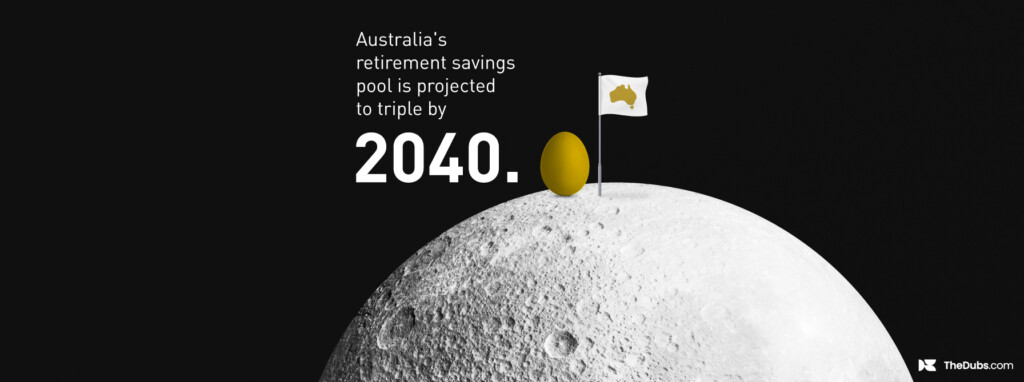Think millennials and you think of a generation glued to their smart devices while brunching on avocado toast, barista-made lattes and suffering from a distinct lack of financial responsibility. What you don’t think of is ‘middle-age’; so it comes as a shock to realise the eldest wave of millennials will begin turning 40 from 2020. But what does this milestone mean for their relationship with the finance industry?
Seeing beyond the stereotype
Stable incomes, property ownership, and a financially secure future are as important to this generation as it was their predecessors. Factors like rising student debt, global recession and increased living costs mean the average millennial is still significantly behind in average worth compared to previous generations at the same age, according to a study by Deloitte. Crucially, it was found that millennials are spending approximately the same as their parents at the same age. It’s just that they have less money to spend. According to the researchers who conducted the study, the findings “debunk conventional wisdom about the new-age consumer”. Millennials are not the frivolous generation they’re pegged to be, and certainly not as some of them near the big 40.
Millennials are not the frivolous generation they’re pegged to be, and certainly not as some of them near the big 40.
A relationship built on trust
So what can financial brands take from this alternative view of the average millennial? As we reported last year; a series of audits have highlighted some major trust issues that finance brands need to overcome. Ethical investing comes top of the agenda; with millennials prioritising social, environmental issues and the greater good when choosing an investing strategy. With less flexibility in their finances, millennials need to feel 100% comfortable with their investment decisions. A lack of clarity about what is the ‘right’ approach to gaining financial stability is causing older millennials to stagnate in their wealth. In Australia for example, “over 30s rate the attainability of their financial goals no higher than millennials aged 24 or younger” according to the Australian Millennial Report.
Education brings success
There remains a two-way education gap between financial brands, particularly more traditional brands, and millennials. The brands don’t understand how to get millennials to engage, while the millennials, in turn, aren’t clear on what the best path is to take with their finances.
In order to better understand their millennial customers, digital bank Revolut surveyed their 18-38 year old customers in Britain and Ireland. The results showed the vast majority (67%) are regularly saving money. Despite this, almost two thirds (63%) are still worried about their financial future. Revolut’s findings revealed that while the majority of millennials are saving money, they are reluctant to actually invest their savings. Just over a quarter (28%) of millennials are investing in stocks or shares, with over one third (36%) believing that investing is too risky.
There is a great opportunity here to work with the elder millennial generation to empower them to achieve their financial goals. A combination of transparency, trust and education is vital; you need to understand your audience before they can become potential customers. Consider looking beyond the stereotype to better target and support a generation under pressure.









